2013.12.06
AMICUS International works dual education programs
Located on a grassy hillside, AMICUS International School is on a visionary mission to take its students to new educational experiences.
AMICUS is Okinawa’s latest international school to open its doors, in part created in response to needs of the new Okinawa Institute of Science and Technology. A large percentage of local people expressed the necessity to have an English immersion school that develops young people who can cope with the rapidly-globalizing society in Okinawa Prefecture. The survey data gathered from the parents whose children are attending public schools, and OIST staff members showed that 60% of the parents of public school students and 80% of OIST staff feel the need to have a school which offers classes in English. The school program covers children in kindergarten, elementary school and, starting from April 2014, junior high school.

An official from Japan’s space agency JAXA recently gave a lecture to an enthusiastic audience of AMICUS students.
The school in Uruma City envisions its students spending up to ten years in its classrooms and on its playgrounds. The library, located just inside the school’s front entrance, is the core of AMICUS. The curriculum is centered on English. Japanese students constitute a large part of the student body, and foreign-born children from different backgrounds study together with them. .
AMICUS is referred to as a type of school of Article 1 of the Japanese Fundamental Law of Education, including kindergartens, elementary schools, junior high schools, and schools for challenged children in Japan.
Students are grouped in classrooms by grade, channeled into one of two carefully developed programs. The Immersion Course features English all day, in all classes except Japanese and Social Studies. The immersion program is ideal for Japanese and other non-native English speakers. The alternative, the International Course, is different, yet similar, according to school officials. They “follow a path closely parallel to one another,” says the school. “Thus, they can merge whenever necessary, and these factors contribute to making AMICUS an original, unique international school.

AMICUS students have a wide variety of extracurricular activities available including some unusual ones like horse riding.
It’s not all work, as students study in buildings that are low-profile, fitting the relief of the land and providing surroundings that mutually enhance the academic process. Playgrounds ensure flexibility to support student activities, although students are separated by age and grade.
The Media Center that includes a library is fully accessible to students, proving to be more than just a place to read, browse and study. Opportunities abound for spontaneous interaction with others. More than 8,000 books from around the world are housed in the library. Another bright spot for students is a bank of 30 computer terminals and 100 iPad tablets readily available for children to use for study and enrichment. The Media Center has been designed to be a resource both for research and for language study.
AMICUS is accepting a few applications for the 2014-15 school year. The International Course is intended mainly for children who speak English as their first language, and for children with high English proficiency. English skills are not required for the first grade Immersion Course. However, those applying for Transfer Admission are required to meet a certain standard of English, with all tests administered in English, except for the Japanese test. Full information is available on the AMICUS website at http://www.amicus.ed.jp/en/. AMICUS is currently receiving transfer applications. Forms can be requested through the website. The deadline for applications is Dec. 9 with the exam scheduled for Jan. 18. The school year starts from April 2014.


 2024.06.08
2024.06.08 2024.05.25
2024.05.25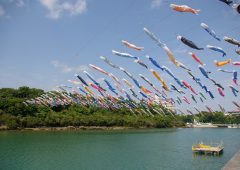 2024.04.26
2024.04.26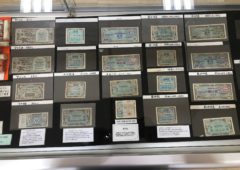 2024.04.22
2024.04.22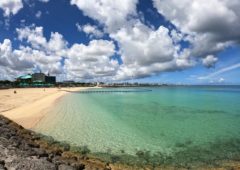 2024.04.10
2024.04.10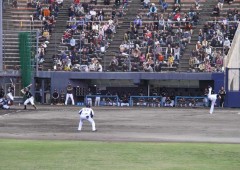 2024.01.31
2024.01.31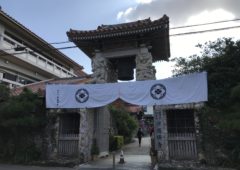 2024.01.02
2024.01.02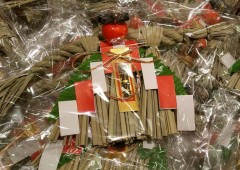 2023.12.27
2023.12.27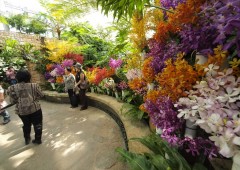 2023.11.16
2023.11.16






